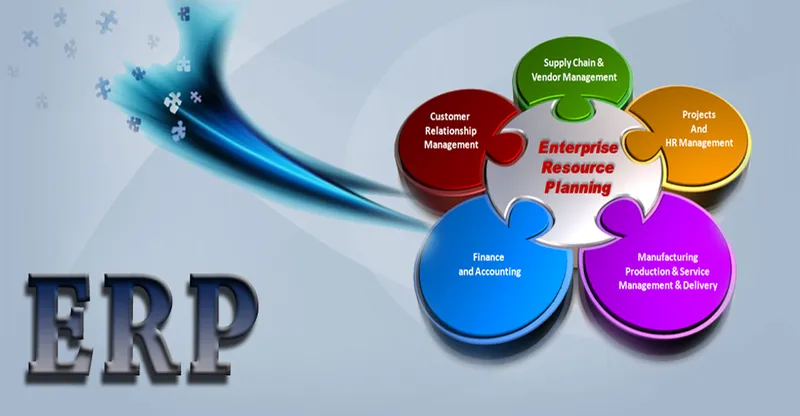

How to Get the Best ERP for Your Organization - 6 Things to Consider
An overview of the points to consider when choosing an ERP for your organization.

Selecting the right product and the right vendor is determined by your understanding of the organization’s needs and appropriate evaluation of competing systems side by side.
Below are six things to consider that can help you make a more intelligent decision.
#1: What are your Objectives & Requirements
Why are you interested in an ERP system? What are the issues you are trying to resolve by implementing an ERP? Listing your specific objectives will help you identify the requirements that you need to satisfy with an ERP software. It’s a good idea to have your requirement list ready before you begin researching the ERPs available in the market. A reminder if you are looking for a mobile ERP – while accessing the ERP on the mobile is good to have, you do need to consider data security issues a bit more seriously.
#2: How will it Impact your ROI
When you start researching different ERP options you will want to understand how to measure the benefits. For this, you will need to clearly articulate your goals in even more precise terms. You might measure ERP performance by:
- % reduction in headcount in how many months
- % increase in employee productivity in how many months
- % reduction in inventory that results in a certain amount of accounting improvement
- Increase customer touches by x times that increases lifetime value by y in terms of the amount
- % improvement in accuracy of manufacturing cost quotes in a specific number of months.
Here it is important to consider the differences between in-house or cloud ERP. While cloud ERP is more user-friendly, it doesn't need dedicated infrastructure and staff to maintain it. However, there is a risk of storing sensitive data at an off-site.
#3: Check out the Demos
Now you are exploring the ERP software through demos presented by vendors. You could provide a demo script to the vendors that list the functions, workflows and features you expect to see in the demo. This may help you feel more in control of your time and choose demos of software that meets the criteria you have set. The kind of demo, the questions and the time the vendors spend getting familiar with your business will to a great extent reveal the kind of service the vendors will provide you with.
#4: Checking References
It is definitely helpful to check some references who may have had similar goals as you regarding the effectiveness of the ERP, service of the ERP software development services vendor, etc. More questions that you may be interested in discussing could be:
- Which promises were kept and which were not?
- What surprises did you get from the vendor/product?
- What doesn’t the product support that you were not told about?
- Are you paying for any modules or tools that you don’t need?
- Were deadlines met?
- Were there any other surprise costs?
- What mistakes could you have avoided if you had known earlier?
#5 Understand the Real Price
To choose the right solution for your business, understand exactly how much will the project cost at each stage:
- Upfront cost
- Maintenance
- Support
- Recurring costs
A thorough discussion about price can prevent future surprises and disappointments. It can also help you reach an agreement that works out well for both parties.
Customization is important in deriving the maximum value from the ERP. However, at the same time, too much of customization can impact the timelines and costs.
#6: Measure the Vendor Viability
What if you have zeroed on an ERP which may be phased out in some time. That’s why it becomes so important to understand the vendor's strategic vision.
- Was the product created for a potential acquirer?
- Are they looking to sell the company?
- Who are the investors in the company, what kind of a record do they have?
- Does the product meet some specific niche requirements?
The investment of effort and money in implementing an ERP is no small thing starting with identifying the needs up to seamlessly integrating it into the organization culture. The stakes at every stage are high, starting with the selection of the best fit. It requires close collaboration with the vendors and an in-depth understanding of the ERP Software Development Services offered mapping them to the requirements.
Accessing the ERP on the mobile may perhaps be a crucial requirement for you, which you could handle by using the ERP app on the smartphone or you could even explore a customized app which connects to





